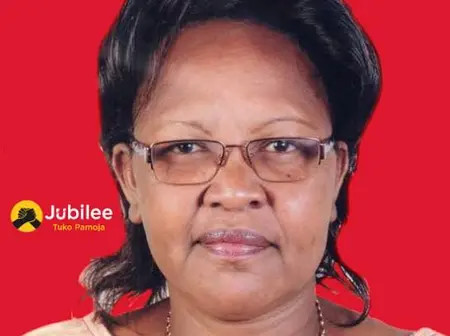
Patients under the Social Health Authority (SHA) scheme will now have to pay cash for treatment in private hospitals after the Rural and Urban Private Hospitals Association of Kenya (RUPHA) issued new directives.
The move is expected to affect thousands of patients who rely on private facilities for healthcare services, raising concerns about accessibility and affordability.
According to RUPHA, the directive was reached following unresolved disputes over delayed reimbursements and financial challenges linked to the implementation of SHA.
Private hospital owners argue that the scheme has not provided consistent funding to cover services already offered to patients, leaving facilities strained and unable to sustain operations under the current model.
The decision means that patients seeking services such as consultations, diagnostics, and specialized treatment in private hospitals will now be required to make direct out-of-pocket payments.
This development may force many households to turn to public facilities, which are already under pressure due to limited resources and growing patient numbers.
Healthcare experts have warned that the shift could create inequality in access to quality care. While public hospitals will remain an option for SHA patients, capacity constraints could result in overcrowding, longer waiting times, and reduced efficiency in service delivery. For patients who had become accustomed to private hospital services, the sudden change represents a significant setback.
RUPHA has emphasized that the directive is not meant to lock out patients but to ensure the survival of private hospitals, which play a critical role in complementing the public health system.
The association has called for urgent dialogue with government authorities to resolve the reimbursement challenges and to put in place a workable framework that guarantees sustainability.
The Social Health Authority was introduced to expand access to affordable healthcare by pooling resources under a unified system.
However, the latest standoff underscores the difficulties of aligning policy with practical service delivery. Unless a consensus is reached, patients could continue to bear the burden, with many families forced to dig deeper into their pockets to secure essential medical care.






